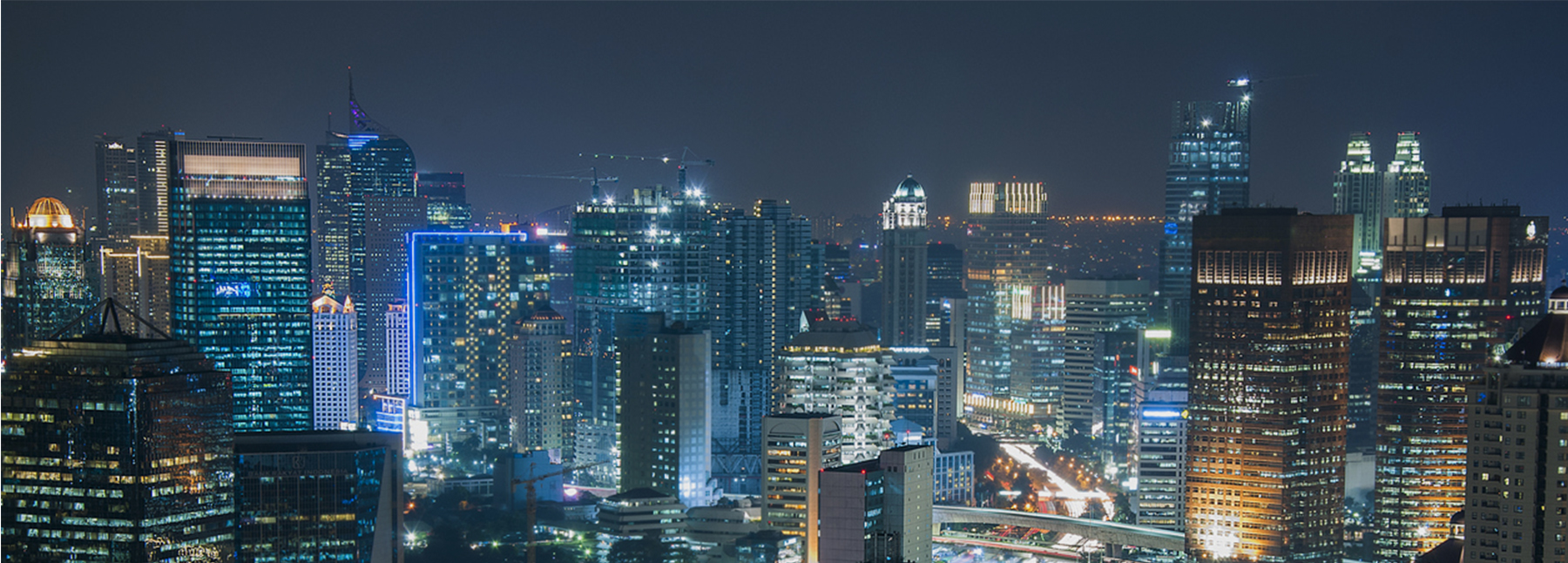The 2016 Mercer Quality of Living Survey places Indonesia 142nd out of 221 cities evaluated on quality of life factors including political, economic, environmental, personal safety, health, education, transportation and other public service factors.
With islands spread over an area of 5200 km, access to services will vary greatly depending on your location.
Regardless of their location in Indonesia, most expats find it takes a little time to adjust to the countries tropical climate. There are two monsoon seasons, the eastern monsoon from June to September, which is typically very hot and humid, and the western season from December to March, which sees very heavy rain fall.
Food is a significant part of Indonesia’s culture, from the numerous hawker stalls offering tasty but inexpensive street food to the fine dining restaurants of Jakarta, Indonesia offers rich and varied dining experiences.
Outdoor living and sports are well catered for in Jakarta, with public parks providing exercise facilities. Indonesia’s numerous beaches and sunny climate make participation in outdoor sports and water activities possible throughout the dry season.
All in all, the dynamic mix of cultures and ethnicities make Indonesia an exciting destination for expats to work and live.


